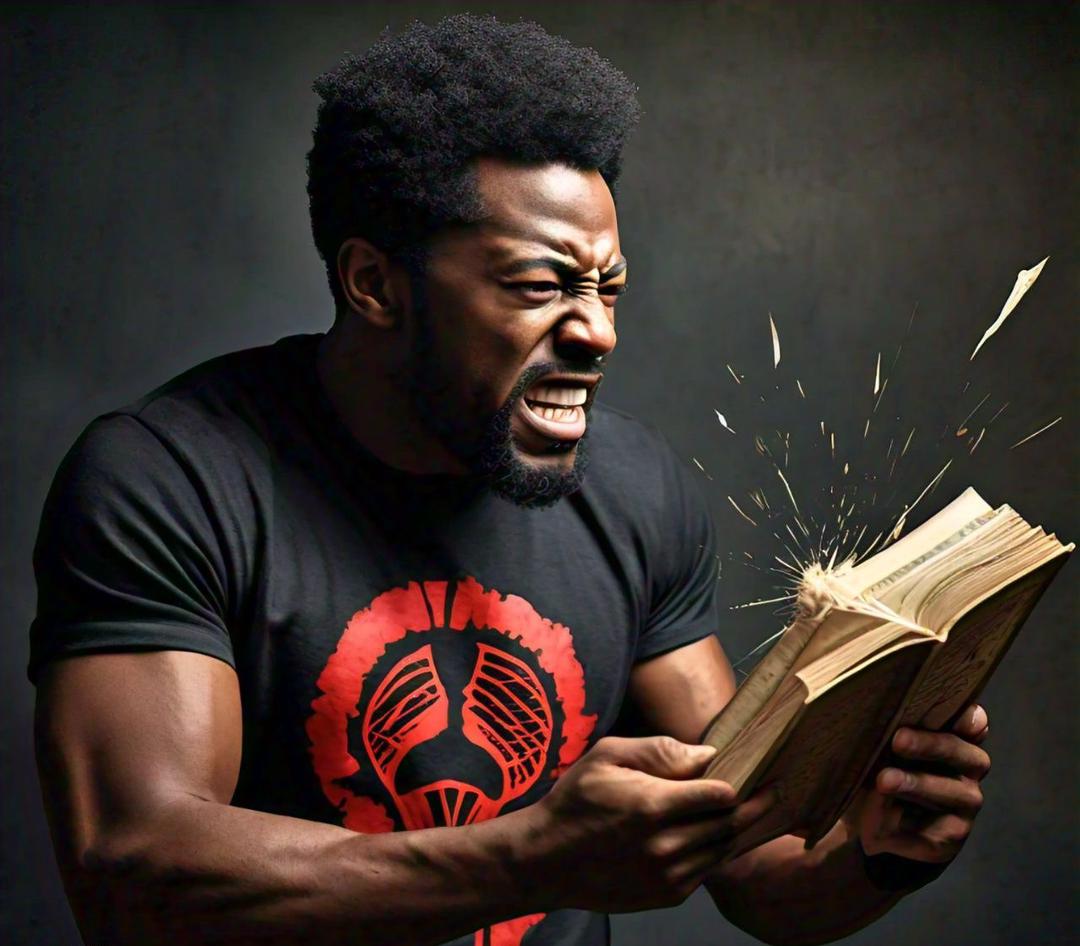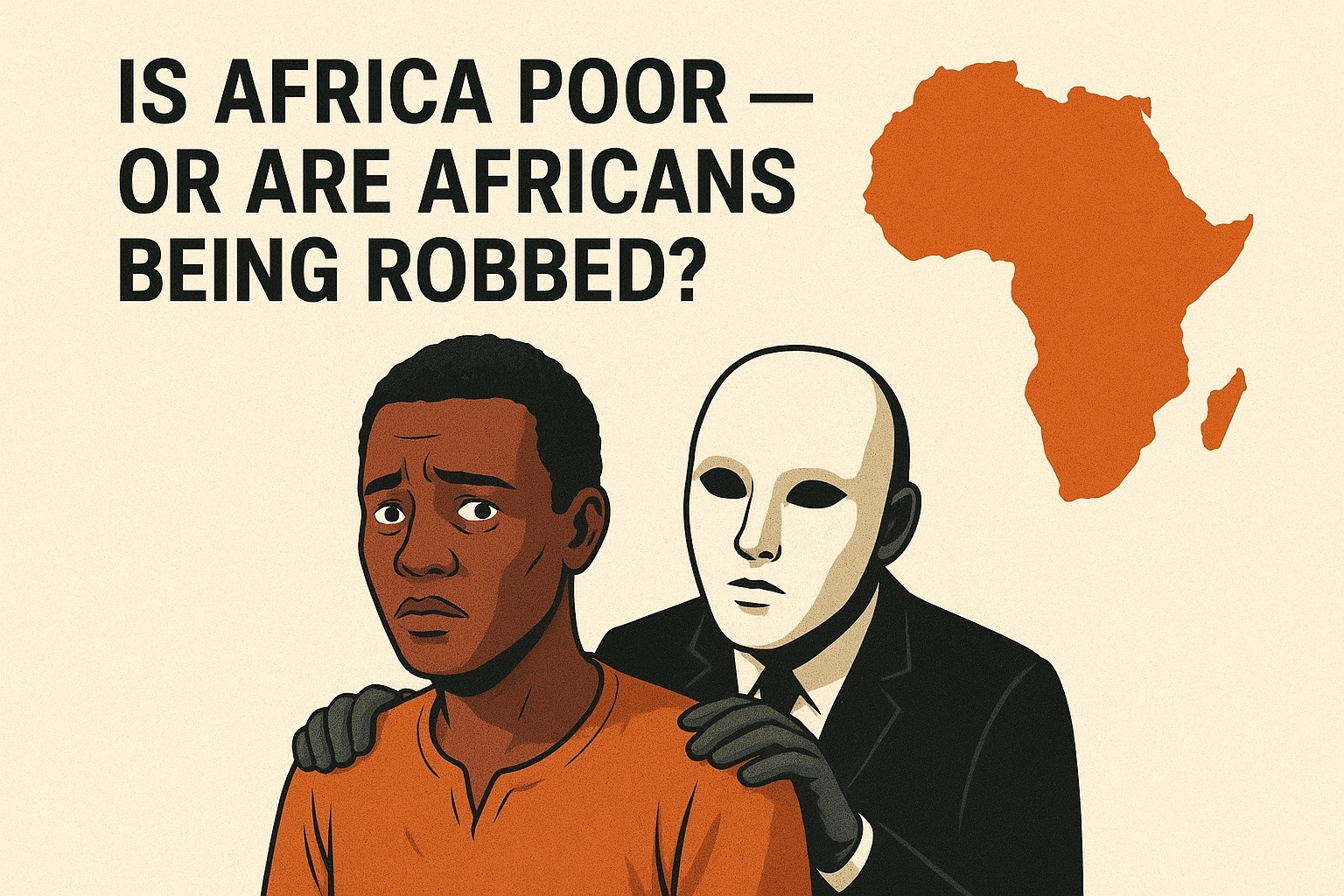Why People Dislike History: Breaking Down Barriers to Engagement

Why People Dislike History: Breaking Down Barriers to Engagement
History, African history, misconceptions, enjoying history, making history fun again, love, fun, historical facts, past events, knowledge from the past.
History surrounds us, shapes our identities, and informs our decisions. Yet, many people struggle to connect with the past. Why? Let's explore some reasons behind this disconnect and discover ways to rekindle a passion for history.
1. Perceived Irrelevance. History seems as relevant as your great-aunt's gossip, but trust us, it's more interesting. Think of history as the ultimate reality TV show – drama, scandals, and unexpected twists, it's like watching a movie of real-life events and no matter the amount of spoilers, you keep learning a new perspective every time. History's relevance lies in understanding how past events shape our present. It's like knowing the recipe for your favourite dish – you need to understand the ingredients (past events) to appreciate the final product (current issues).
2. Memorization Overload. We know traditional teaching methods can be overwhelming and potentially traumatizing, it's like trying to drink from a firehose. Imagine memorizing a phonebook, pointless and painful. Well, instead of focusing on memorizing meaningless, non-relatable boring facts, focus on understanding historical contexts, causes, and consequences. It's like solving a puzzle – each piece matters.
3. Lack of Relatable Storytelling. History books read like phonebooks – dry, boring, and full of names you can't pronounce. Where's the drama? The romance? The intrigue? History's full of fascinating stories – make them come alive! Share personal anecdotes, struggles, and triumphs. Just like what CYSTADS is creating, we are trying to help people relate to these historical facts, we do not want to bore them with details that they can’t relate to. The best way to get people curious about something is to make it relatable. I am sure if I wanted to make someone interested in the histories of pandemics and how they affect the world economy I could use COVID-19 because it is relatable and they experienced it and that can lead them to learn about other Pandemics and how they affected the world Economy and how we got better over the years in handling them. For a more relatable example from a hopeless romantic like me, I watched The Titanic a romance-disaster movie based on the accounts of the sinking of the RMS Titanic in 1912, and I ended up reading about J.P Morgan, (I am sure that most of you reading this didn’t know he was a major shareholder in the company that owns the subsidiary that owns the Titanic. So many boring layers right? Titanic the movie led me there!), I learnt how this man and others like Henry Ford, John D. Rockefeller shaped our modern world. All this just from the Titanic! The idea is to help people relate to the story in a way they learn the history and are now curious enough to find out other details. Think about how making stories relatable can change the lives of others.
4. Limited Perspectives. History's been told by the winners, leaving out the cool stories of rebels and revolutionaries. It's like hearing only one side of an argument – it can be misleading. One of the problems of History is its one-sided narrative. I can remember the stories told to me by my grandmother about the wars my Ancestors fought with other neighbouring villages and towns, and how we got the name they call where we reside currently. She told me my ancestors were warriors who when they went to war, captured slaves and cut off the legs of the stubborn ones. I always wondered what the stories of the Fallen ones were, I only recently found out that some of my ancestors were once the fallen ones and their strength came from fighting off oppressors and they became the oppressors in the Stories of others, cliche right? So the only way to make history have a whole lot of perspective is to incorporate diverse voices, cultures, and experiences. History is more nuanced than a simple winner-loser narrative.
5. Trauma and Discomfort. Confronting painful history is like watching a horror movie – terrifying and potentially scarring. Acknowledge the trauma, but don't shy away. Understand the complexities, context, and ongoing impacts. It's like facing a fear – empowering. The power to heal from the past lies only in understanding the events of the past. Yeah, I just thought of expressing that wisdom like that because of how much the past has made me wiser. The idea is not to hide from the past, it is to understand it, learn from it and apply lessons learnt in the now to create a better future! There is no point in holding on to the hurts from the past, one should rather use the wrongs in history to propel them to create a better future for oneself and other victims of the past. There is no point crying over spilt milk when you can learn a million ways to avoid spilling it again from that one spill.
To be continued...


